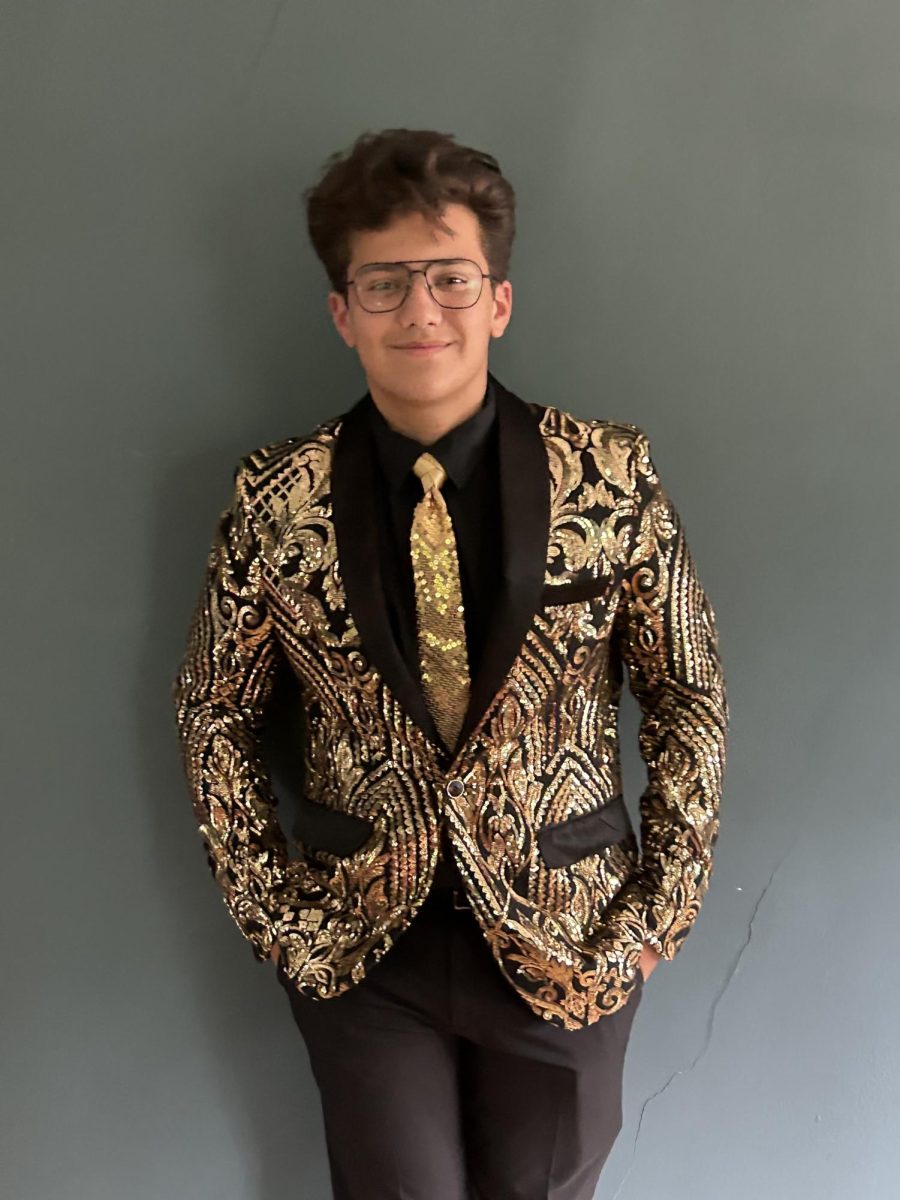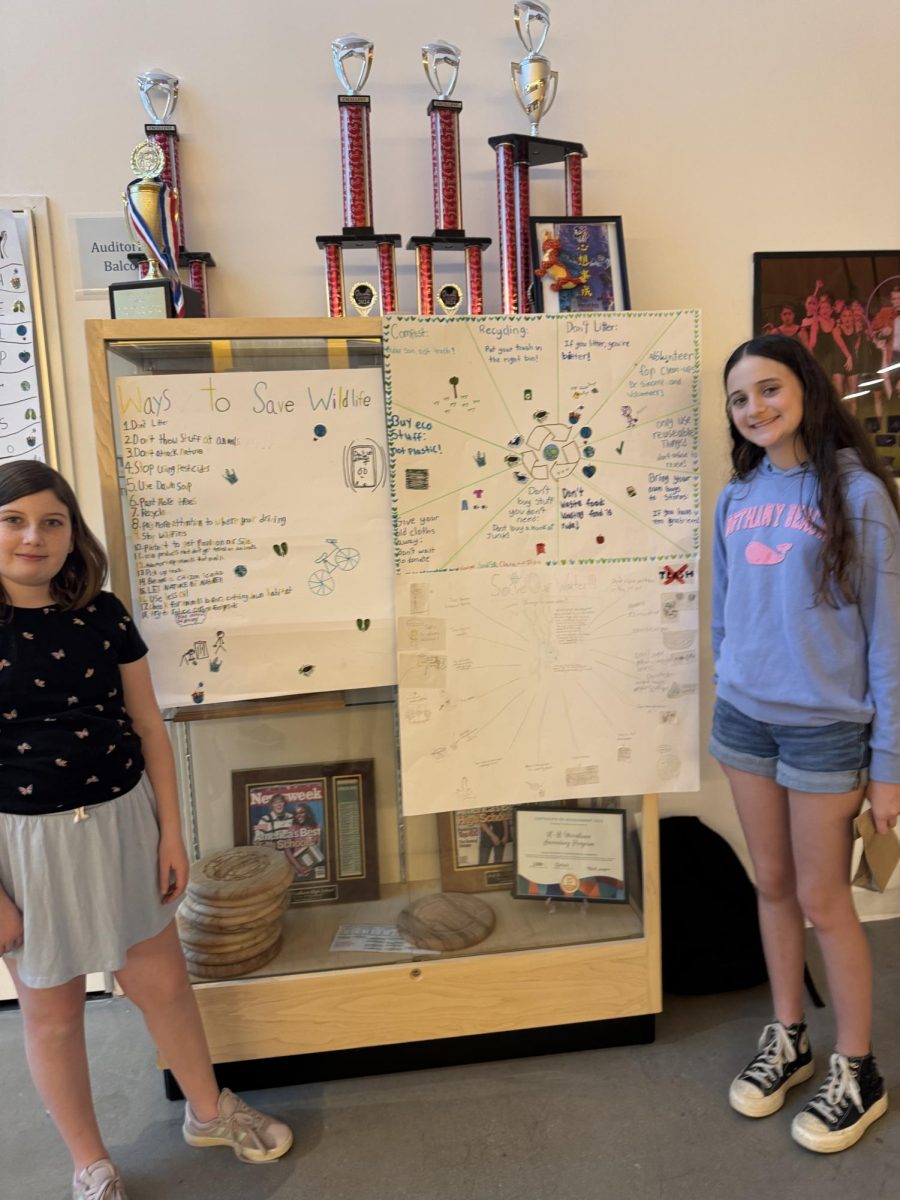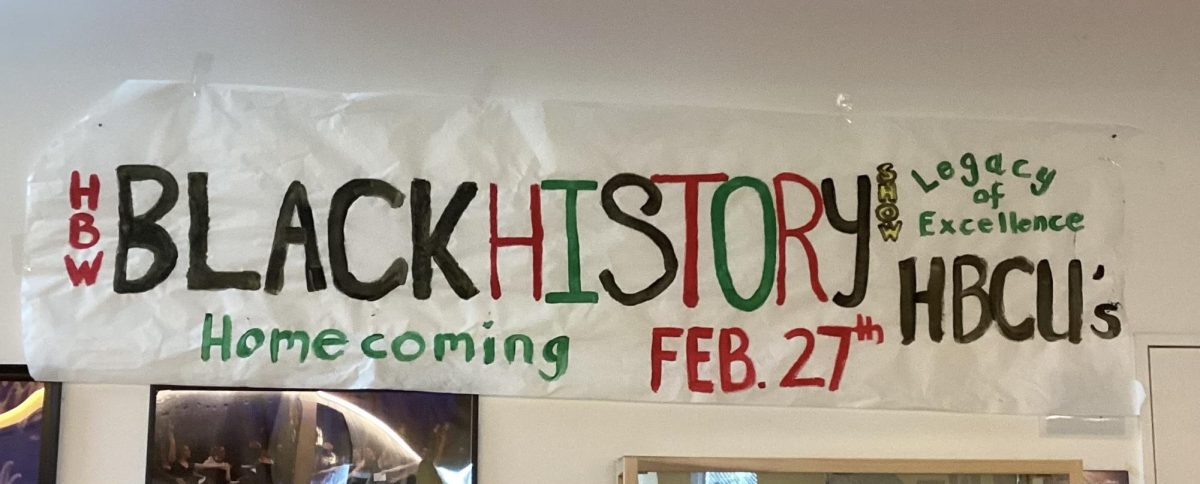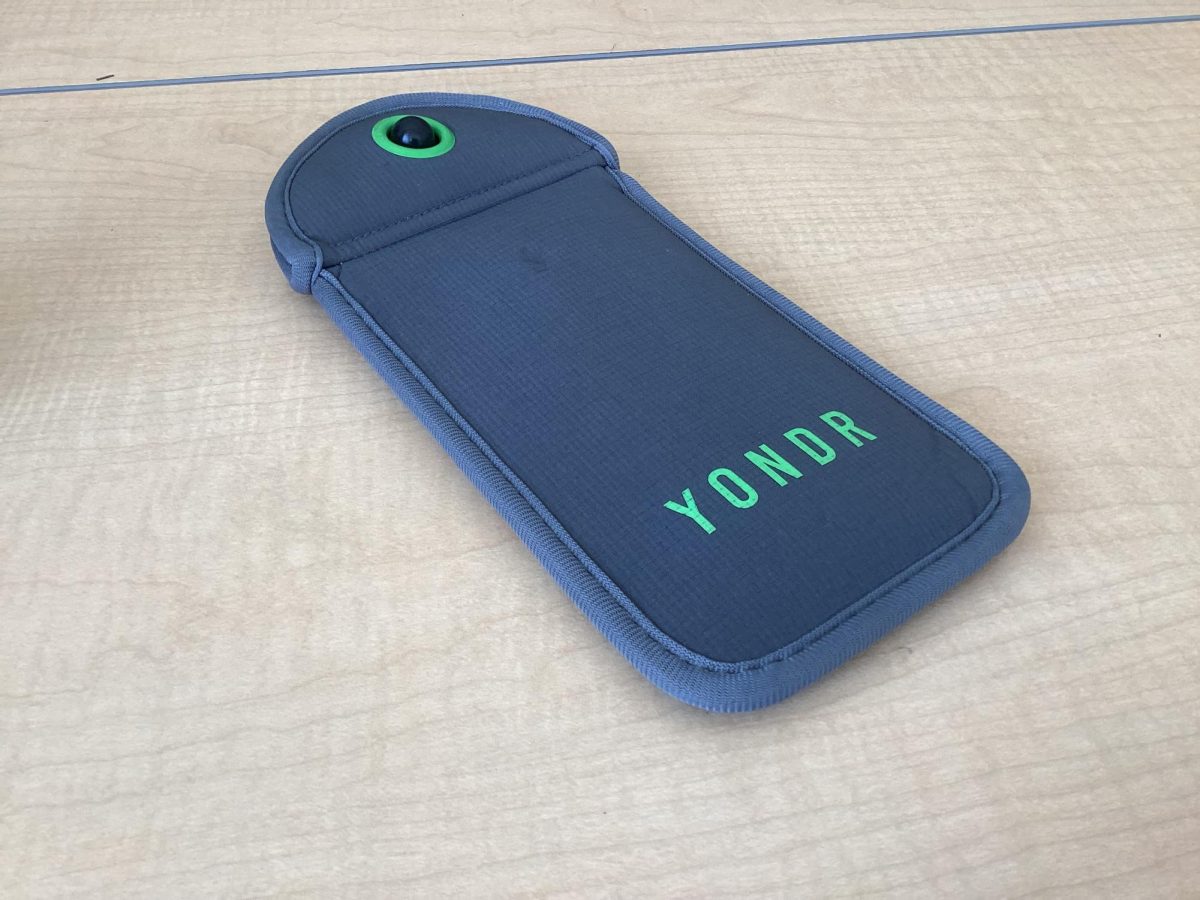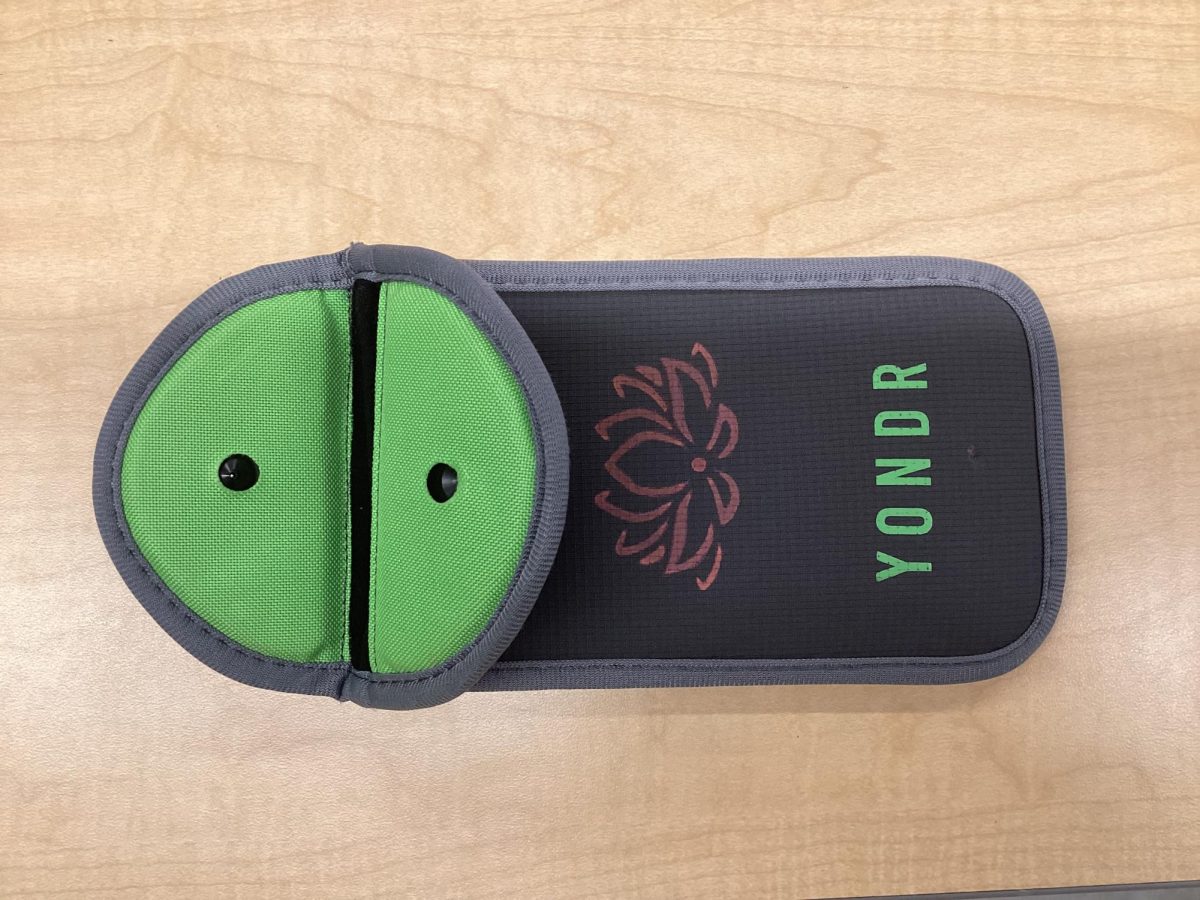“They are not working.”
Arlington Public Schools bought Yondr pouches for a pilot program at Swanson, TJ, and H-B Woodlawn middle schools, and Wakefield High School. The pouches, which keep phones close but unaccessible, aimed to curb rampant cell phone use.
However, students have already figured out a way to unlock the pouches by slamming it multiple times on the magnet. “At this point it’s completely useless,” a 6th grader said.
The pouches work magnetically. An internal pin clips the pouch shut, but tapping the pouch against a magnet unlocks it.
This malfunction may have been permissible if the pouches were cheap. But the program cost APS $130,000, including pouches for each student and extras if they get lost or misplaced.
“The school should not have gotten them, because they were really expensive,” an 8th grader said.“It’s really hard to enforce them, and a lot of people aren’t using them.”
Most people feel that the pouches should have been spent on something that would benefit students more, like gym equipment, teacher salaries, lunches, school supplies, or nearly anything else.
The main issue with the pouch policy is that it is really hard to enforce. A teacher can’t just take a student’s backpack and grab their phone, so students can just lie. Unless, of course, ‘TSA Graham’ barges into the classroom and demands to see your phone in your pouch. Then you’re busted.
Most of the students interviewed said that the pouches were a big waste of money. Said one 8th grader, “I know what they’re trying to do, but there are simpler ways.”
Several students have suggested that the method used by Fairfax County Public Schools, where students use caddies to store their devices, would have been better. In this system, if a student is caught using their phone they put their phones away.

